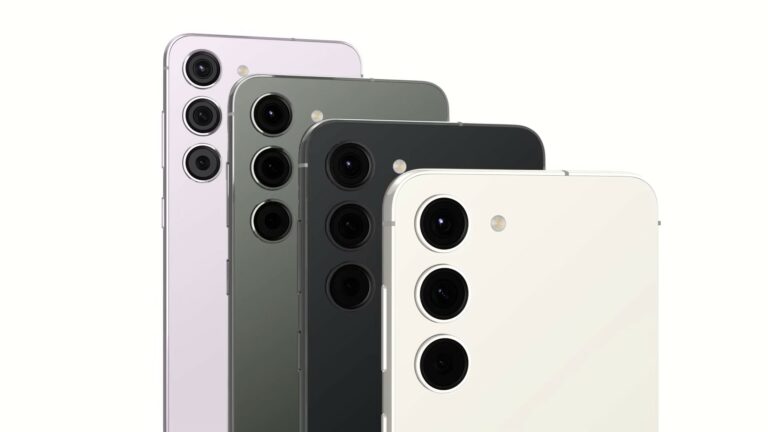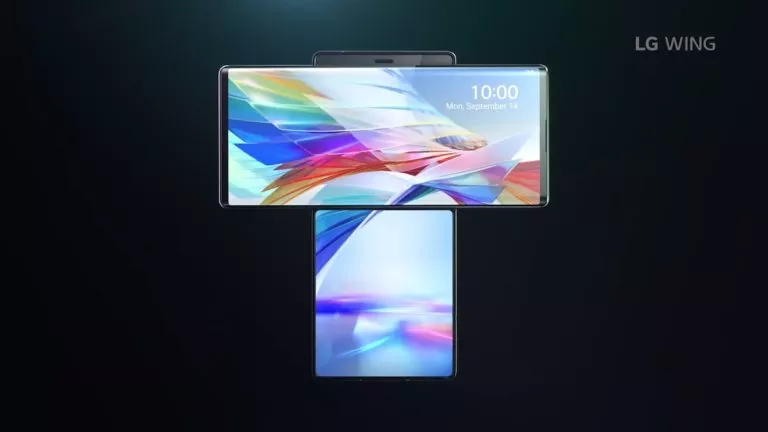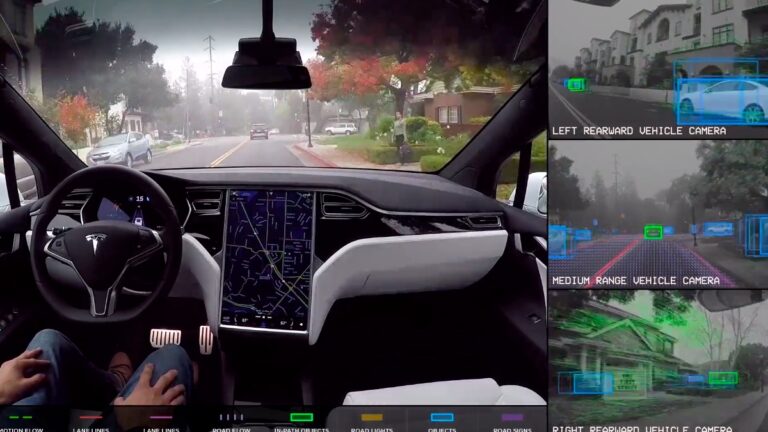Apple Bought LG’s Patents: Will The Foldable iPhone Swivel Or Roll?
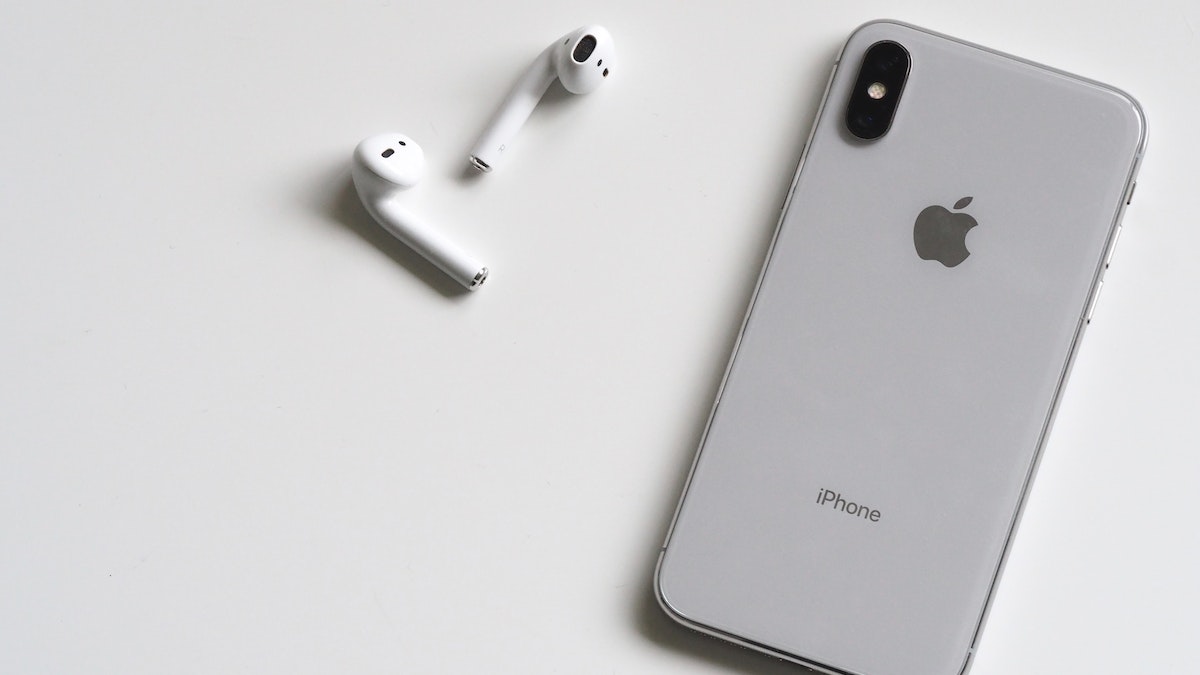
Apple and another unnamed company (probably Samsung) have bought patents from LG. The company earlier reported that it received a one-time payment for patent licensing but never revealed to whom it sold the license. The Elec revealed that LG Electronics received KRW 890 billion ($662.4 million) from two companies. Out of the massive amount, Apple paid KRW 800 billion ($595.4 million) to LG.
The report also highlights that the license is not for one to two but ten years. However, it is common for businesses to pay a one-time amount and enter a decade-long license agreement rather than renewing it each year.
Why did Apple buy LG’s patents?
Apple offers every mainstream tech product that you may need. This includes phones, tablets, AIOs, Studio computers, laptops, and more. iPhone is the biggest money-maker for Apple, but the company is lagging behind in a trend that seems to be super popular these days – folding smartphones. Samsung has one, Oppo has one, Huawei has one, and even LG has a swiveling one, but Apple doesn’t have any foldable smartphones in the works as of yet.
When foldables came out, they were expected to be gimmicky and impractical. Cut to four years later, Samsung just released its fourth version of the Galaxy Z Fold and Flip while other brands like Motorola are also launching their new foldable phones this year. Apple has a habit of being the last to accept a trend and is likely pacing itself to build the most unique foldable smartphone.
Patent Licensing allows the company to use the tech pioneered by other companies in lieu of a fee. Apple has also registered many patents for foldable devices, including an iPad-like device. However, Apple will most likely work on a foldable smartphone first. Samsung may be the other company that bought the license, but they already have a successful foldable phone that now captures the major market share.
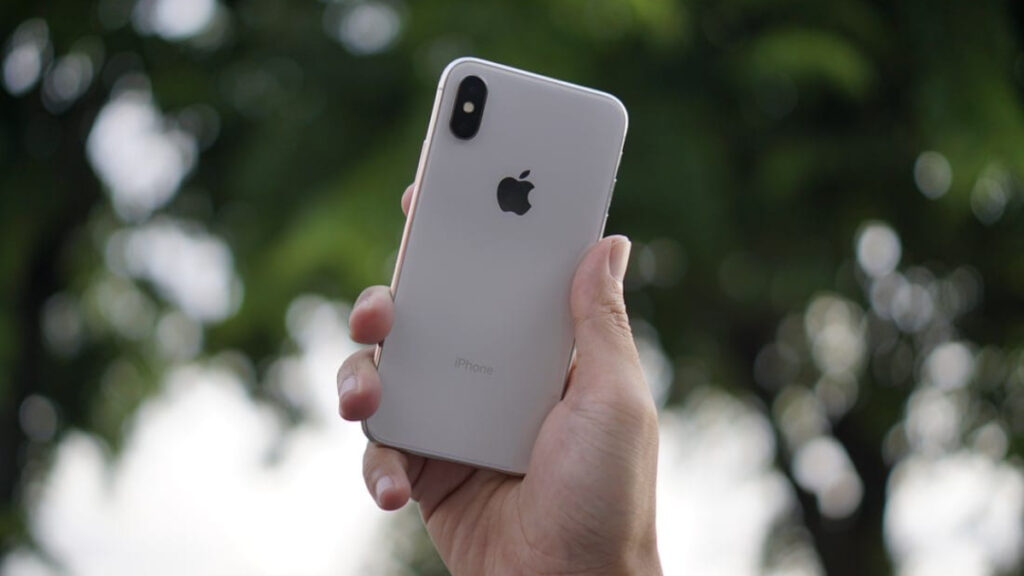
LG was working on foldable and rollable phones before it decided to quit. Apple may also work on building phones with rollable displays that extend to offer more screen real estate.



